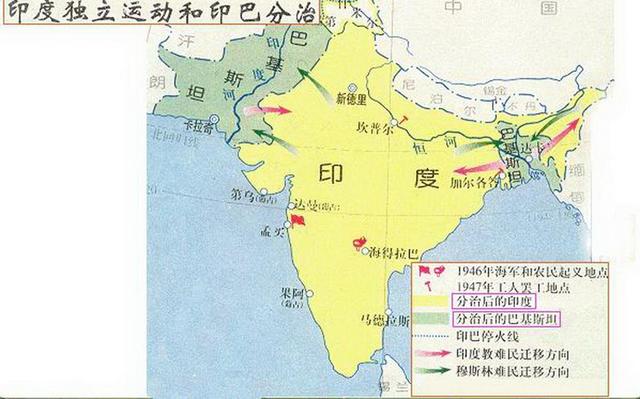Segment 28a: Introduction
28段第一部分,内容简介
This fine lecture could just as well be termed "The Age of Brinkmanship."
本节课的标题也可以叫做《边缘政策时代》
Brinkmanship is a word for the practice of letting situations come as close to disaster as possible,
边缘政策指把形势尽可能地推到灾难边缘
hoping that one's own side would get the better of the other side.
希望自己这一边能够超过另一边
The United States, the Soviet Union, and their respective allies practiced brinkmanship during the Cold War.
在冷战期间,美国,苏联及其各自的同盟国实行的都是边缘政策
I think that Molly Hatchet's term "flirting with disaster" is much more appropriate.
我觉得莫丽·哈切特的歌名《与灾难调情》,这个表达更为合适
Even though hindsight and historical research demonstrate
尽管事后,历史研究表明
that the Western bloc had far more firepower than the Eastern bloc at the time, nobody knew that for sure.
当时西方阵营火力要比东方阵营更足但当时并无人知晓

A generation of kids grew up with the concept of mutually assured destruction, or MAD,
那一代人从小就知道,保证共同毁灭,这个概念
the knowledge that the entire world could be destroyed in mere hours.
知道整个世界可以在数小时内遭遇毁灭
And there was a time when it nearly happened.
而这险些就真的发生了
Segment 28b: A Farewell To Empires, treats the postwar fall of the French and British empires, and the resulting chaos.
28段第二部分,告别帝国,我们将分析法国和英国帝国在战后的衰亡以及随之而来的混乱
Both nations hoped to maintain at least part of their colonies, but they'd been so battered by the war they could hardly hold their own at home.
两个帝国都希望至少能保住部分殖民地,但战火已经让它们支离破碎,连国内都几乎保不住
The British managed to let India and Palestine go their own way without too much trouble,
英国没费多大劲,就设法让印度和巴勒斯坦获得了独立
but the French had more trouble getting out of Indochina — especially out of Vietnam.
但是法国在撤出印度支那时就遇到了麻烦,尤其是在撤出越南的时候












